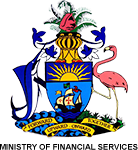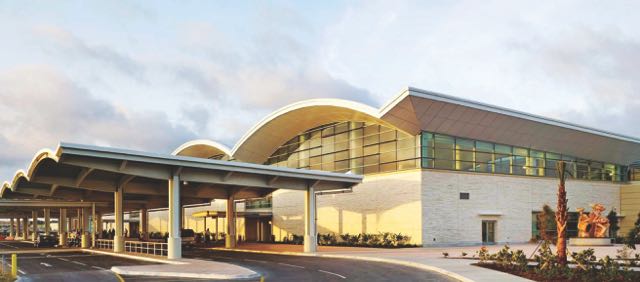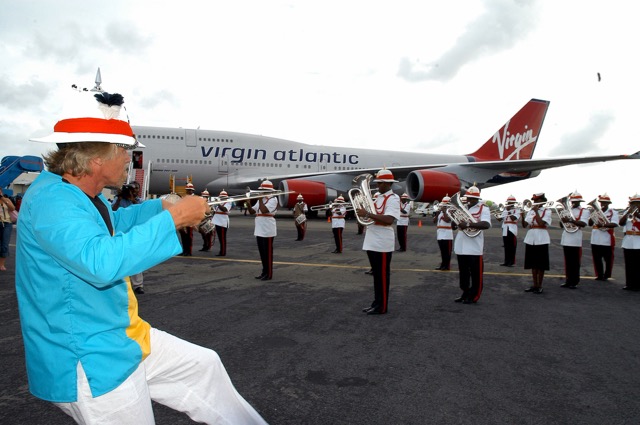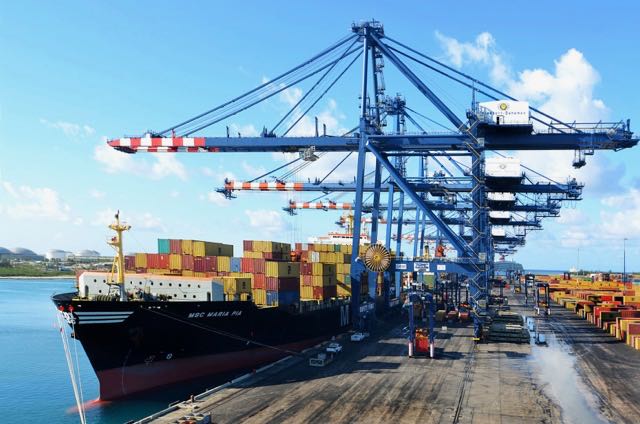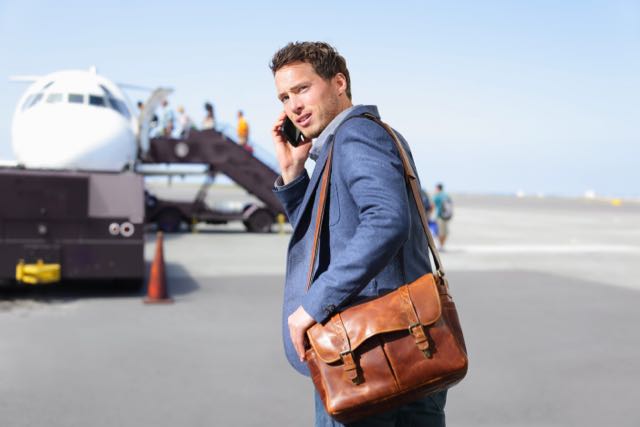Doing business
With a stable economy, international financial centre, sound business enabling policies and openness to the world, The Bahamas offers a wealth of advantages and encouraging predictability for doing business.
Business climate
Common procedures as starting a business, getting credit, trading across borders, dealing with construction permits, acquisition of property, complying with labor market regulations, accessing basic amenities, and many others, are decidedly simplified through a business-oriented, facilitating system. It’s not by chance that The Bahamas is a successful international financial centre and a flourishing logistics hub, which is home to celebrated successful firms and promising start-ups.
Decades of thought, effort and cooperation have created ideal conditions for investing and for conducting international transactions with and from The Bahamas with safety and certainty.
Further, additional attributes make The Bahamas an auspicious land to drop the anchor and do business. Among others:
- Its favorable location nestled between North America, Latin America and the Caribbean, just 50 miles off the coast of Florida and with numerous airports, marinas and free-zones.
- Cutting-edge infrastructure for digital telecommunications and three fiber optic undersea cable systems to provide reliable digital, 4G wireless, internet, IT products and services.
- Tax neutral platform upon which foreigners receive the same tax benefits as Bahamians, together with generous incentives and expeditious legal procedures.
Would you like to know more about the favorable business climate? Full details on business procedures and incentives can be obtained from:
- Bahamas Investment Authority at www.investmentbahamas.com
- Bahamas Financial Services Board at www.bfsb-bahamas.com
- World Bank’s Doing Business Project at www.doingbusiness.org/reports
Logistics
The Bahamas has a well thought out infrastructure focused on facilitating international business with 19 international airports, 16 airports for local flights, and marinas throughout most islands to accommodate some of the largest vessels.
Airports
All across The Bahamas there is a well-developed system of 35 airports serving local and international routes to the region and to the world.
Lynden Pindling International Airport (formerly known as Nassau International Airport) alone is served by over twenty international airlines including British Airways, Delta Airlines, Virgin Atlantic, Caribbean Airlines and American Airlines, among others. Pre-clearance facilities for U.S. customs and immigration makes for seamless travel to, from and through the U.S.
Grand Bahama International Airport is just 35 minutes from South Florida and is one of the largest privately-owned airports in the world, enjoying state-of-the-art facilities, including an 11,000-feet-long runway. Refueling and hub operations are managed by The Grand Bahama Airport Company Limited at its full service terminal, complete with pre-clearance facilities for U.S. customs and immigration.
Container ports
Freeport Harbor and Container Port is one of the largest man-made harbors in the world and the deepest harbor in the region. It is accessible to even the largest ocean going vessels. Businesses at the harbor include wet docking and ship repair. The Freeport Container Port is a major container transshipment hub between the Eastern coast of the United States, the Gulf of Mexico, the Caribbean, South America and trade lanes to European, Mediterranean, Far Eastern and Australasian destinations.
Nassau Container Port is comprised of 3 terminals – a Container Terminal, Bulk Terminal, and Break Bulk Terminal. The Container Terminal comprises 32 acres and has a draft of 28 feet at mean water level (MWL). The Bulk Terminal occupies 7 acres and has bulk cement storage capacity of 8,000 tons and dry bulk aggregate storage capacity of 100,000 tons. The terminal offers 800 feet of berth and 28 feet draft at MWL. The Break Bulk Terminal comprises 10 acres, contains 25,000 square feet of cargo transit shed, and offers 600 feet of berth at 21 feet of draft at MWL.
Free trade zones
The Bahamas has centuries of tradition as a maritime nation, and as such, it has capitalized on that to expand the services and importance of its free trade zone, which constitutes an important hub for the global shipping industry and for logistics, industrial and commercial operations.
Freeport
Freeport is a 230-square mile free trade zone and the business nucleus of Grand Bahama Island. The Grand Bahama Port Authority operates the free trade zone. Under the Hawksbill Creek Agreement Act, businesses in the free trade zone pay no taxes on profits, capital gains, inheritance, income, earnings, distribution, or on exported goods.
Freeport has a long tradition of light manufacturing and industry. Among others, Freeport is home to oil storage and transshipment companies, while pharmaceutical companies continue to operate in the Port Area along with manufacturers of medical and dental implements and manufacturers of styrofoam.
Sea/Air Business Centre
Located within a 4-mile zone in the city of Freeport are the Airport, Harbor, Container Port and the Sea/Air Business Centre. The Sea/Air Business Centre is a 786-acre industrial park development and is an ideal location for large warehousing, distribution, light manufacturing and assembly operations. There are no export, excise, realty or business taxes, as well as no taxes on profits, capital gains or income for businesses operating within the industrial park.
The Freeport free trade zone is well-positioned for global commerce. Only a 35-minute plane ride from southern Florida, and at the crossroads of routes between Europe, North and South America and international shipping lanes routed through the Panama Canal.
Getting there
Regular direct flights to Bahamian international airports are available from major cities in the United States, as well as main cities in Canada, Central America, the Caribbean and even from London. From November 2017, direct flights will be operated from Frankfurt.
See the List of airlines serving Lynden Pindling International Airport

